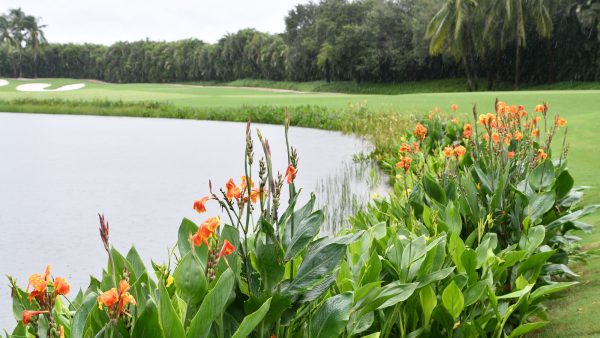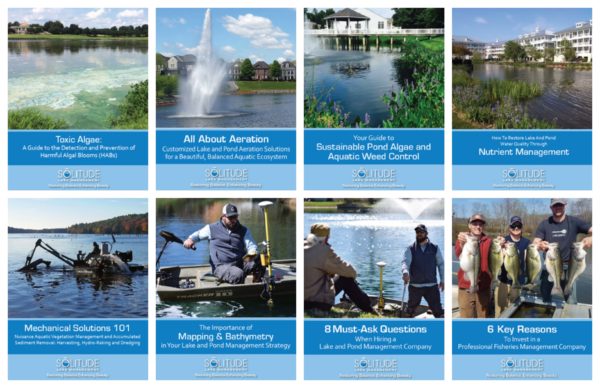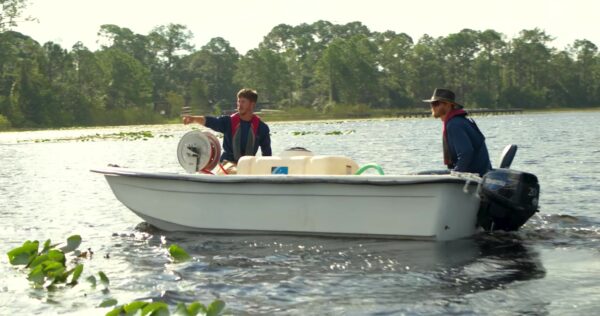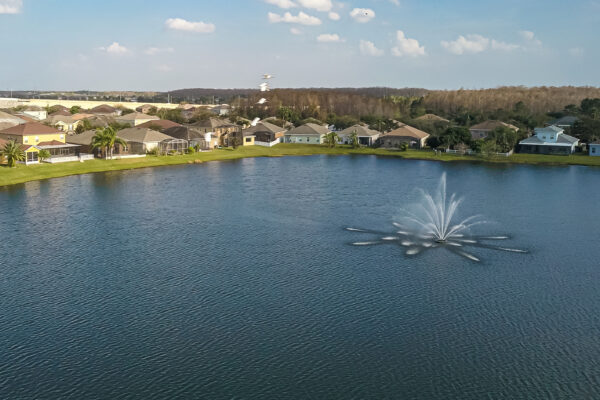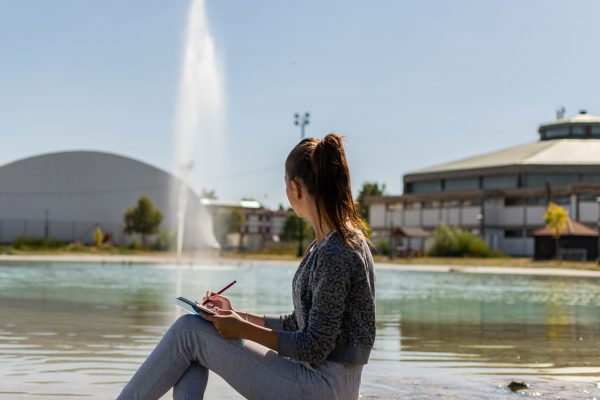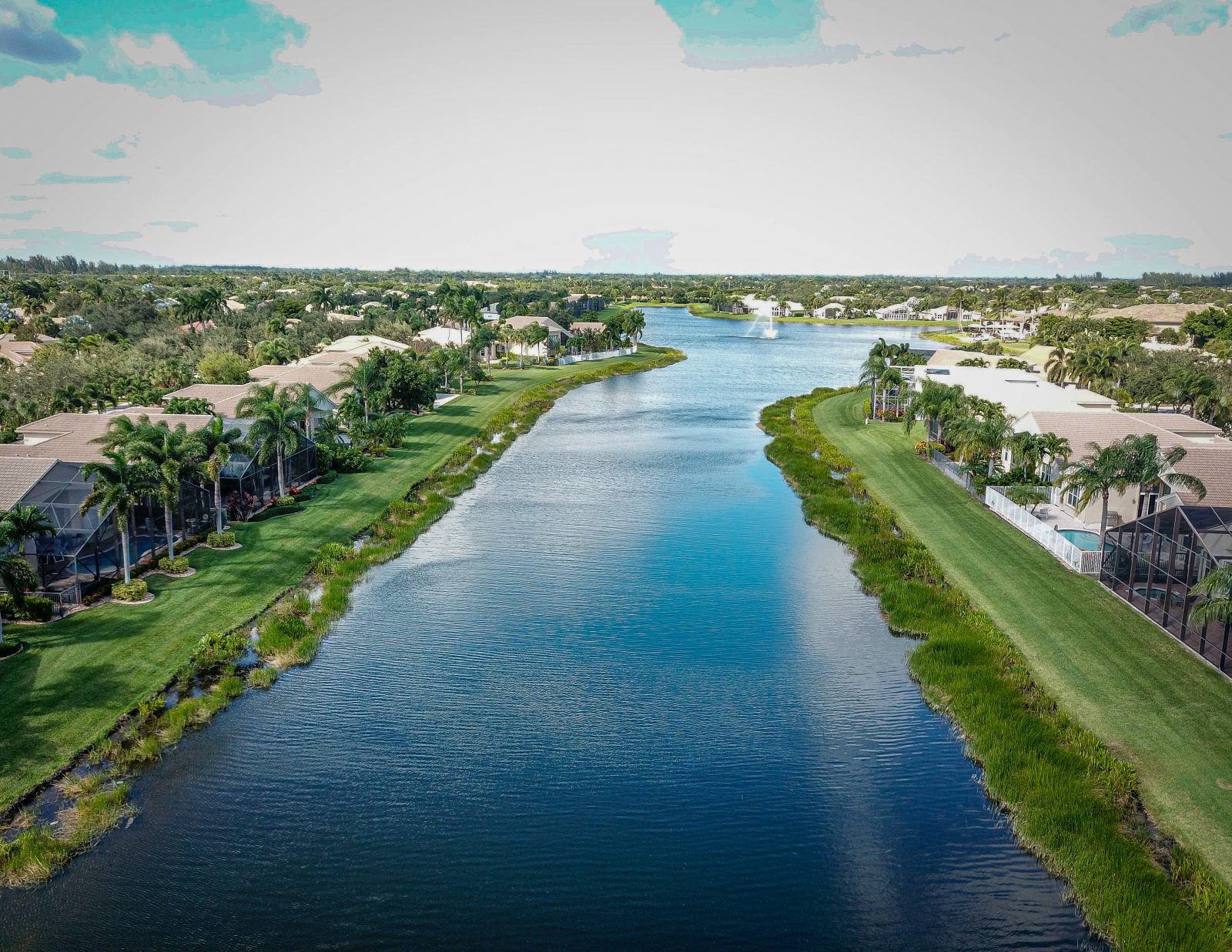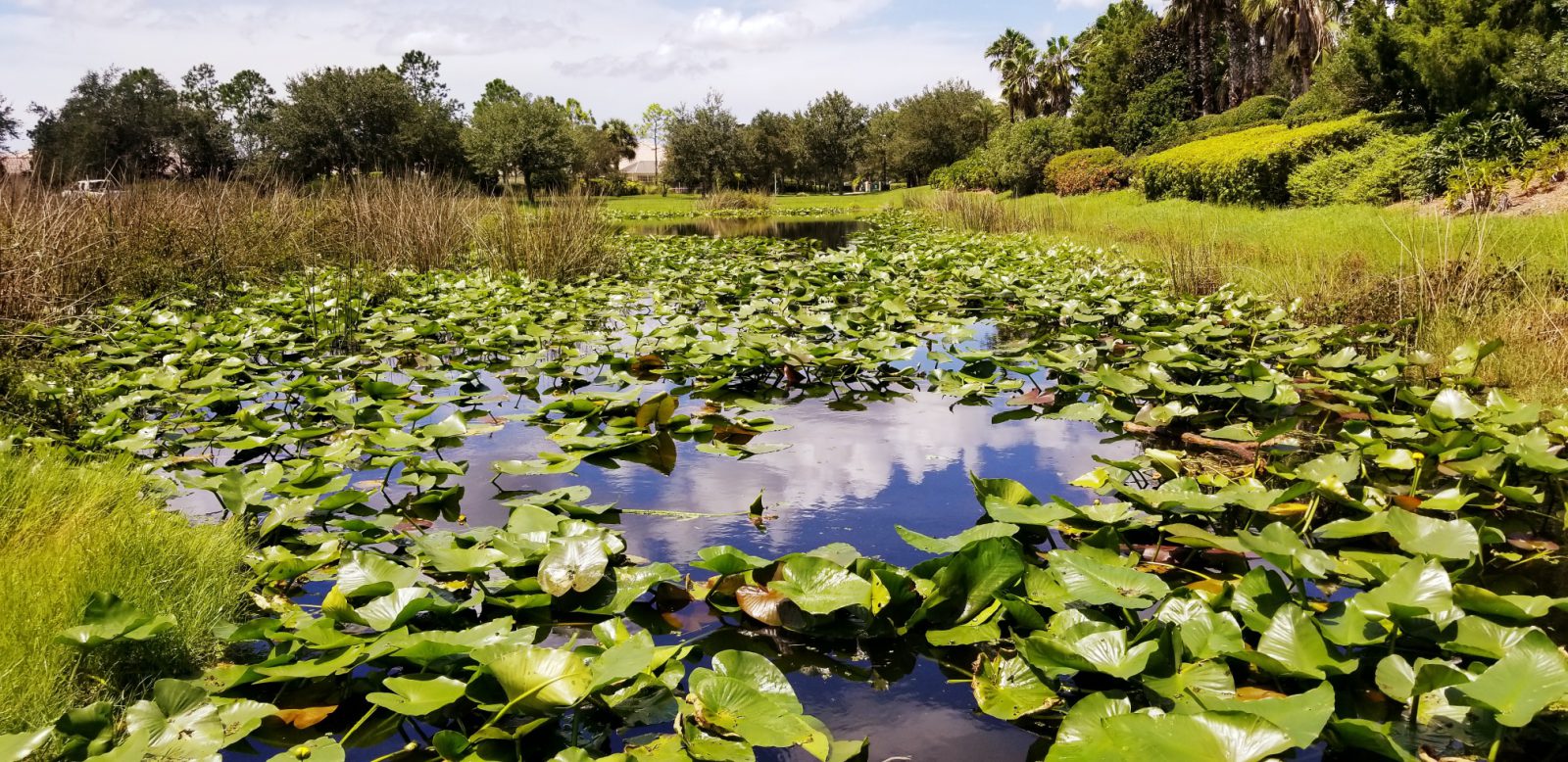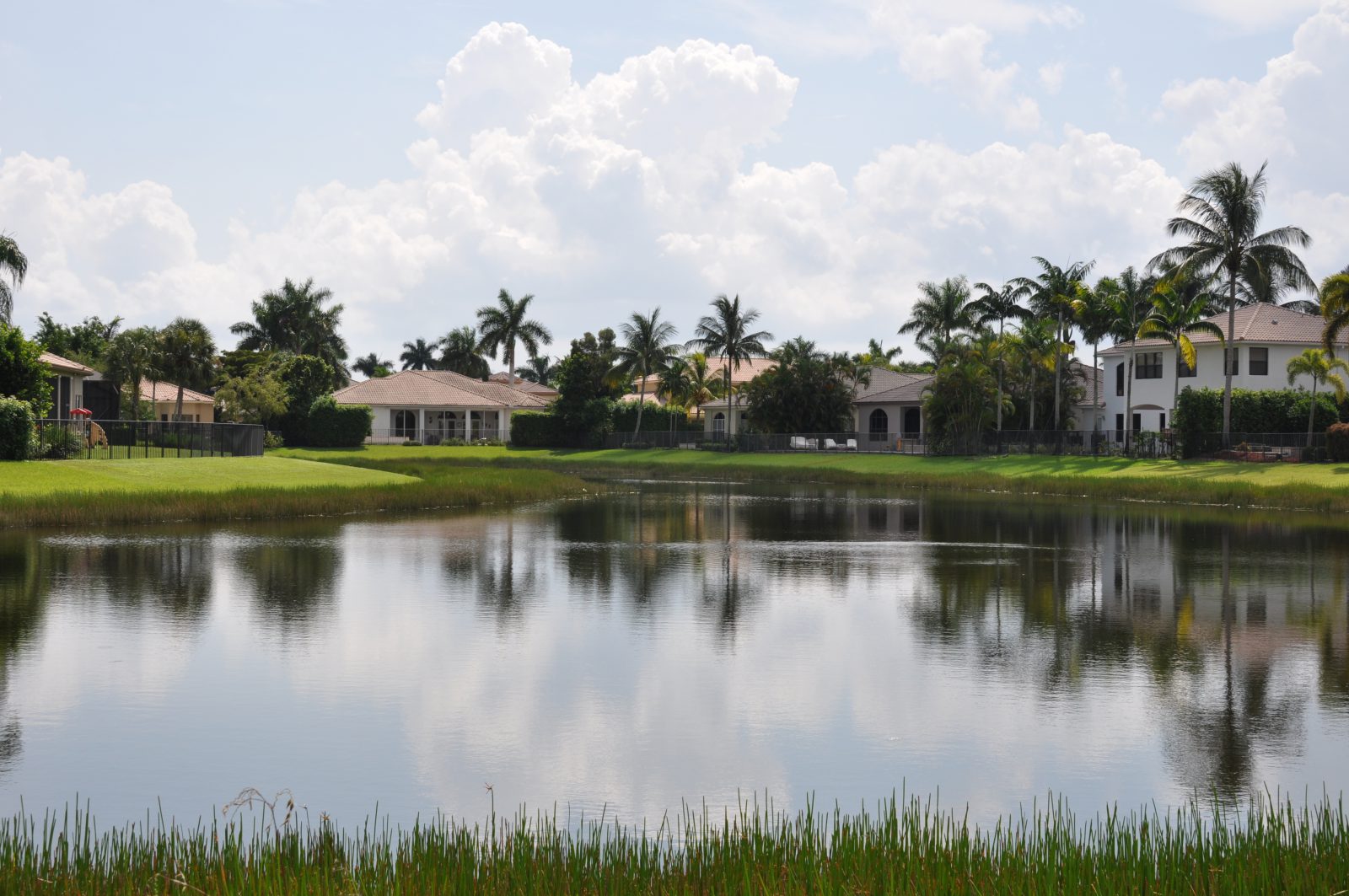
The Florida Canal System: An Essential to Coastal Living
Canals are man-made waterways dug into wetlands, rivers, and streams to divert waters. The state of Florida has well over a thousand miles worth of them carved into it. The width of these canals can range between a few feet to hundreds. And depths can reach upwards of 35 ft. For many Floridian communities, their miles-long canal systems are essential to keeping them above water, with functions including:
- Flood control for hurricanes and other storm events
- Drainage for Florida’s rainfall – which averages 60 inches a year
- Deterring water around and beneath road structures
- Recreational use and navigation to lakes, coastal waters, and other canals
Maintaining these important systems is crucial, not only to protect essential infrastructure in communities, but also aesthetics and quality of life. Property managers who fail to do so may put residents and the desirability of their community at risk. But by prioritizing these systems, decision-makers can illustrate their commitment to the safety and reputation of their community and those who call it home.
What Happens When Aquatic Plants In Canals Aren't Managed?
One of the biggest threats to a canal’s functionality is aquatic weed growth. In a warm, wet climate such as Florida’s, native and invasive aquatic plants are apt to grow year-round – and those within canal systems are no exception to this rule. These plants can obstruct boats or, worse, impact the canal’s draining and flood-preventing functions as they impede water flow.
Millions are spent each year throughout Florida trying to mitigate the impacts of aquatic vegetation on canals and prevent further damage from flooding. But with ever-increasing temperatures and rising sea levels, keeping canal water flowing is becoming more difficult. Professionals experienced in the management of lakes, stormwater ponds, canals, and other water systems understand that communities have a lot at stake and are committed to helping property managers implement management solutions to preserve the premium dwellings, amenities, and infrastructure that they oversee.
A Success Story
The Village of Wellington is a community centered around its outdoor resources – polo, equestrianism, and hiking and birdwatching in local nature preserves such as the Marjory Stoneman Douglas Natural Area. As seen in the maps above, the majority of its streets, parks and land is at risk of being consumed by floodwaters given the correct circumstances.
SOLitude’s biologists and aquatic experts worked with the Village of Wellington to manage their canal system’s aquatic vegetation. In an environment where aquatic plants thrive year-round, simply applying herbicides when growth becomes excessive is not enough; though EPA-registered herbicides are safe and effective at eliminating nuisance growth, this short-term solution can lead to hard-to-contain outbreaks over time. Applying products continuously to prevent growth is wasteful, costly, and doesn’t solve the root cause of the issue.
And in addition to high rates of plant growth, invasives such as Crested Floating Heart – a rooted, floating plant that scales canal waters from top to bottom, impedes water flow and obstructs recreational use – have taken root in many Floridian canals. This plant, as well as many others, is extremely efficient at reproducing. Fragments of the plant that break off when agitated by boats or mechanical harvesters continue growing independently. In an interconnected canal system, this means that a problem in one area is apt to become a problem elsewhere very soon.
As part of a comprehensive management program, a team of three full-time licensed professionals conducted thorough water quality tests and visual inspections, and then applied highly-targeted herbicides to the entirety of the Village’s 110+ miles of canal waterways. As data and resident reports are collected over time, aquatic experts are able to track trends and pivot management strategies to target nuisance growth at every stage of their lifecycle.
To aid in this work, experts also worked with the Village to implement canal structures to help prevent weed spread throughout the canal system. This includes recommendations for the installation of “vegetation containment booms.” A vegetation containment boom consists of a sturdy ribbon strung across the width of a canal, extending a foot or so above and below the water’s surface to catch floating debris without restricting the overall flow of water.
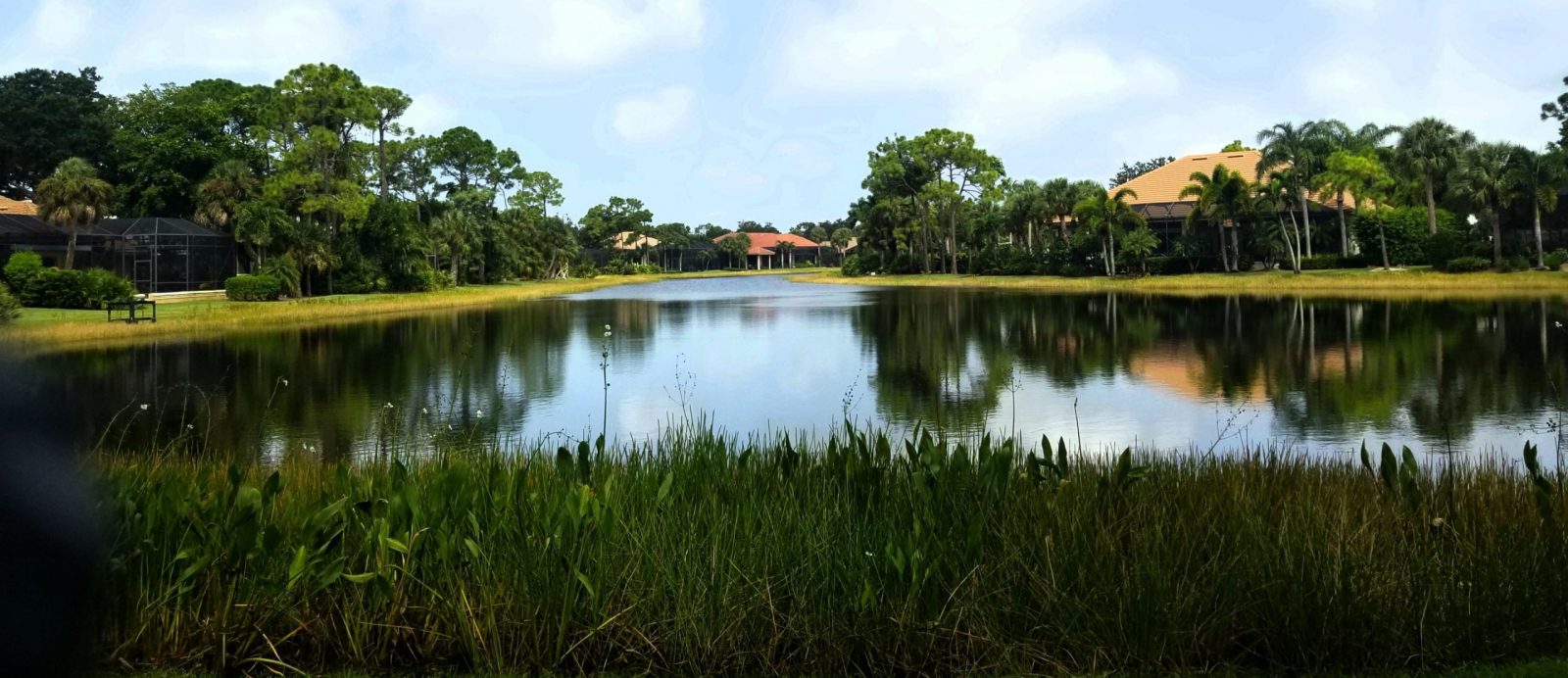
Success Story: Prevent Untold Flood Damages
Aquatic plant management is year-round work that is most effective when conducted continuously. And this was recently proven during recent heavy storms that occurred almost daily in the early summer season.
While Florida’s official hurricane season spans from June through August, even smaller storm events or persistent rains can lead to flooding and damages. Many portions of South Florida saw heavy rains almost daily from late April through July – and with those rains came many incidents of flooding, damages, and need for critical intervention.
But within the Village of Wellington, the canal systems were free of obstructive plants or weeds. This lack of obstruction gave the Village several compounding advantages as rainfall continued:
- Water flow continued seamlessly, with little disruption.
- With healthy and relatively minimal existing aquatic plant growth, the system was unobstructed to start with.
- Debris that blew or washed into the canals was either caught by the vegetation containment booms or had little additional effect on the relatively unobstructed water flow.
- Lower levels of plant life and debris meant that the canal system was able to function as needed, containing and diverting water away from homes, roads, parks, and businesses.
As a result of ongoing, comprehensive work, the Village of Wellington’s canal system remained fully functional throughout heavy rains and storm events.
An ounce of prevention is quite literally worth a pound of cure. The last thing you want to think about when a storm or hurricane approaches is the possibility of dangerous flooding. Though designing a proper aquatic plant management strategy can be challenging, experienced aquatic experts are able to provide ongoing guidance and support to ensure your canal does its job when the need arises.
SOLitude Lake Management is a nationwide environmental firm committed to providing sustainable solutions that improve water quality, enhance beauty and preserve natural resources.
SOLitude’s team of aquatic scientists specializes in the development and execution of customized lake, stormwater pond, wetland and fisheries management programs. Services include water quality testing and restoration, algae and aquatic weed control, installation and maintenance of fountains and aeration systems, shoreline erosion control, muck and sediment removal and invasive species management. SOLitude partners with homeowners associations, golf courses, private landowners, businesses and municipalities. SOLitude Lake Management is part of Rentokil, a leading business services company, operating across the United States, Canada and Puerto Rico.
For more information, visit SOLitude Lake Management at solitudelakemanagement.com, and connect on Facebook, LinkedIn and Twitter.

